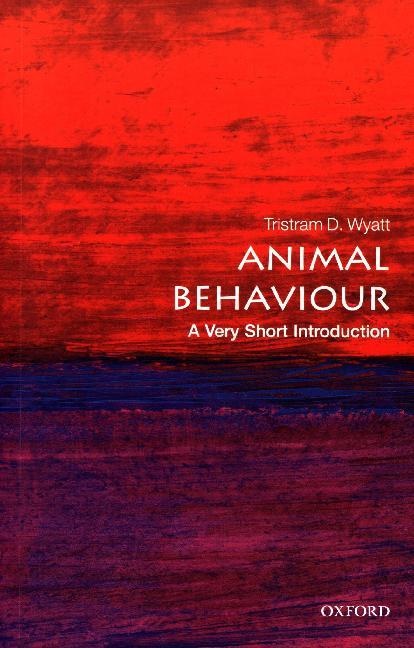Description
Product details
| Authors | Tristram D. Wyatt, Tristram D. (Senior Research Associate Wyatt, Wyatt Tristram D. |
| Publisher | Oxford University Press Trade |
| Languages | English |
| Product format | Paperback |
| Released | 06.03.2017 |
| EAN | 9780198712152 |
| ISBN | 978-0-19-871215-2 |
| Dimensions | 115 mm x 175 mm x 8 mm |
| Series |
Very Short Introductions A VERY SHORT INTRODUCTION A Very Short Introductions A VERY SHORT INTRODUCTION Very Short Introductions A Very Short Introductions Very Short Introduction |
| Subjects |
Natural sciences, medicine, IT, technology
> Biology
> Zoology
SCIENCE / Life Sciences / Zoology / General, popular science, Zoology & animal sciences, Animal behaviour, Ethology and animal behaviour, Zoology and animal sciences |
Customer reviews
No reviews have been written for this item yet. Write the first review and be helpful to other users when they decide on a purchase.
Write a review
Thumbs up or thumbs down? Write your own review.

